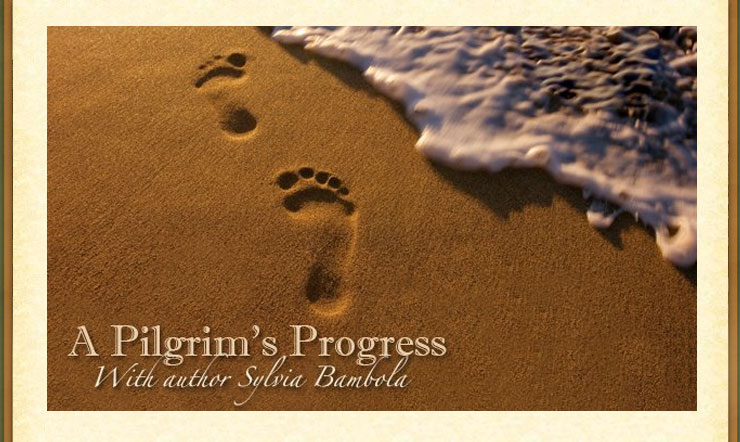God is . . . Just Judge
Monday, 08 March 2010 11:14:00The Bible tells us that it is God who is our judge and lawgiver (Isaiah 33:22) and that He will judge the ends of the earth (1Samuel 2:10b); that He’s the judge of all (Hebrews 12:23b). And get this, He’s going to judge the secrets of men (Romans 2:16). Ouch! And being a just judge God can’t be bribed; His arm can’t be twisted. And He’s no respecter of persons (Acts 10:34). Your wealth, position, reputation will not impress Him. He’s a judge who will call it like it is and punish sin to the fullest extent of the law.
There was a time when I didn’t take this seriously. Rather, I had an imaginary scoreboard erected in my mind that tallied up my “good deeds” and weighed them against my “bad” ones, and I just hoped that at the end of the day the balance would be in my favor and leave me in good standing with God.
What I forgot was that He is the lawgiver. He makes the rules. He says what’s right and wrong. He keeps the record His way. Not us. And what He says is this: If we break just one part of the law (it’s called sin), we’ve broken it all. And that the wages of sin is death (Romans 6:23). And what is this death? Nothing less than separation from God, in hell.
No one likes to talk about hell these days. It’s seems unsophisticated, narrow, intolerant. It’s even become fashionable for some Christians to say things like, “Oh, God won’t send anyone to hell, He’s too loving.” Still other Christians say, “there are many paths to God and all lead to heaven.” Really? Then why did Jesus talked about hell? And when He did, He left no doubt how terrible and real it is. In Mark 9:43-47 Jesus says it’s better to cut off (symbolically speaking) your hand or foot, or pluck out your eye if they cause you to sin rather than be sent to hell. He goes on to describe hell, calling it a “fire that never shall be quenched” where “worms dieth not.” He also tells us in Luke 12:5 that the One we should fear is the One who has power to cast us into hell.
So if God is a just judge and He can’t be bribed and He’s such a stickler on sin, what is a person to do? Well, Leviticus 17:11 says, “For the life of the flesh is in the blood and I (God) have given it to you upon the alter to make an atonement for your souls: for it is the blood that maketh an atonement for the soul.” That’s why, in the Old Testament, the Israelites sacrificed spotless animals to atone for their sins. But in the New Testament we see that Jesus became a spotless lamb for us and was sacrificed for our sins; that He is our atonement. And all we have to do is accept Him and what He has already done. But the choice is ours. He won’t force Himself on anyone.
If you consider the terrible light in which God views sin, and the terrible price He paid so He can forgive us our sins and at the same time satisfy His requirements as Judge, can we call Him unjust if we don’t accept His prepaid free gift and He sends us to hell? Hardly!
Until next week,
Sylvia




